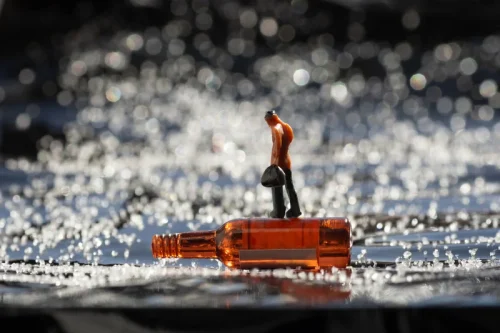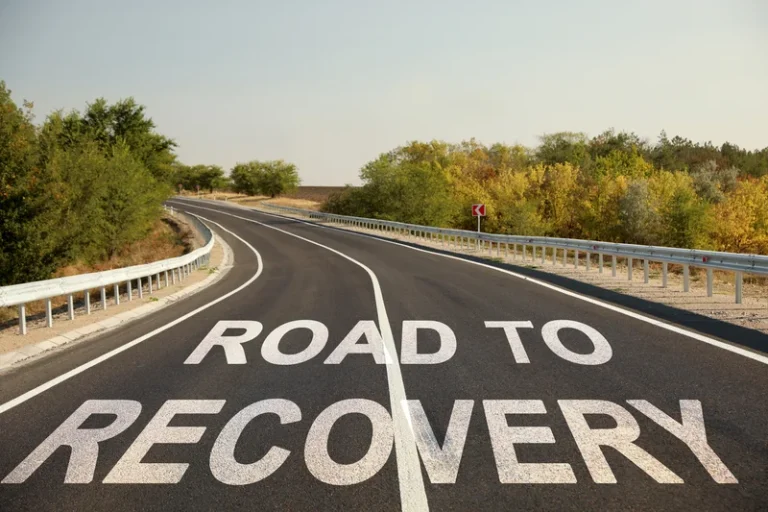
Medical marijuana may contain little or no THC, posing little risk for adverse effects. Other support groups exist, such as the SMART Recovery™ program, for those looking for options outside the traditional 12-step model. The full cost of treatment may even be covered by insurance depending on your level of coverage and whether you have determined you may need treatment. While we are unable to respond to your feedback directly, we’ll use this information to improve our online help. Addiction refers to the compulsive use of substances driven by strong physical and psychological urges. In some cases, your provider may order other tests (like blood tests) to make sure your symptoms aren’t due to another condition.
Signs and Symptoms of Marijuana Abuse and Addiction

You may be surprised to find that the addict now insists on attending to certain activities and responsibilities you felt compelled to take care of in the past. This is not a time to condemn past behavior, but an opportunity to practice trust and benevolence. The outcome will be the mutual reward of nurturing a new and healthy relationship. It is the nature of addiction that addicts don’t believe they are ill. Marijuana addicts, in particular, tend to believe that they must be “OK” since there are much worse drugs, and other people whose lives are much worse off as a result of their using.

The Role of Nutrition in Substance Abuse Recovery
Your heart rate usually spikes within minutes but can continue for several hours. When you eat or drink products that contain marijuana, you experience the same physical effects, but it takes longer. Depending on the strength of the THC in marijuana-laced food or drinks, it may take 30 minutes to an hour before you begin noticing effects that take only minutes when you smoke it. Marijuana use is divided into two categories, recreational and medicinal. Many states have legalized recreational and/or medical marijuana, but it remains a Schedule I drug, which means you can still be arrested, convicted, and jailed in a federal court. Recreational users seek the “high” they get from the THC (delta-9-tetrahydrocannabinol) in marijuana.

Prepare for Withdrawal When You Stop Marijuana
Marijuana is the most commonly used illicit drug in the United States, typically smoked as a hand-rolled cigarette (joint) or in a pipe or water pipe (bong). The drug is also smoked in what’s called a blunt—a cigar that’s been emptied of tobacco and refilled with a mixture of marijuana and tobacco. But cannabis may have harmful long- and short-term effects, such as paranoia and memory loss, and it can be addictive and disrupt a user’s life and relationships. Marijuana (also known as Weed or Pot) is the most frequently abused drug in the US and makes up 17% of admissions to treatment programs1. Create boundaries with people who make it more challenging to quit.
- When you regularly use marijuana (THC), your body may build tolerance and dependence.
- Because marijuana use impairs the area of the brain responsible for motivation, it is often challenging for users to be sufficiently self-motivated to quit using the drug.
- Self-help strategies are important, but sometimes you might need a helping hand.
- Try to avoid judgment—remember, addiction is a disease that requires treatment.
- You might notice that some people in your life may be less supportive—particularly if much of your social life centers around marijuana use.
How to stop smoking cannabis (weed)

Our staff is highly skilled in choosing the most effective therapeutic modality for each client’s needs, to give them the best chance of securing the recovery process that will change their lives. This is why clinicians will offer weekly updates to families as well as concrete tools for families to utilize as they journey through this illness with their loved one. Those tools will be offered by the patient’s individual clinician as well as at our free Family Night on the first Wednesday of each month, offered to anyone in the community. While many individuals can use marijuana for a while and then just quit, others develop an addiction to cannabis. As your dependence on marijuana grows, marijuana use disorder becomes an addiction.
- Our Medical team continues to stay up to speed with new advances of evidence-based approaches in treating those with both substance use disorder as well as their co-occurring mental health diagnosis.
- About 10% of people who begin smoking cannabis will become addicted, and 30% of current users meet the criteria for addiction.
- People who doubt their ability to reduce their marijuana use gradually may find this method more effective.
- This is why clinicians will offer weekly updates to families as well as concrete tools for families to utilize as they journey through this illness with their loved one.
- American Addiction Centers (AAC) offers multiple forms of treatment to help you if you have become addicted to marijuana.
The evaluation consists of 11 yes or no questions that are intended to be used as an informational tool to assess the severity and probability of a marijuana use disorder. The test is free, confidential, and no personal information is needed to receive the result. Many people can use marijuana safely without becoming addicted or abusing it. But like any mind-altering substance, there’s always marijuana addiction a chance that it can become problematic. These signs, along with any negative consequences from marijuana use, may signal a drug abuse problem. When someone you love is abusing marijuana or addicted to it, there are often signs and symptoms to look for.

Whether someone is battling drug abuse, alcoholism, or another type of substance addiction, counseling plays a critical role in guiding them toward recovery. Counselors are trained to offer support, encouragement, and practical strategies to help their clients regain control over their lives. If you experience marijuana withdrawal, you may have cannabis use disorder. According to a 2016 SAMHSA survey, an estimated 24 million – or 8.9% – of Americans age 12 and older were current marijuana users.
